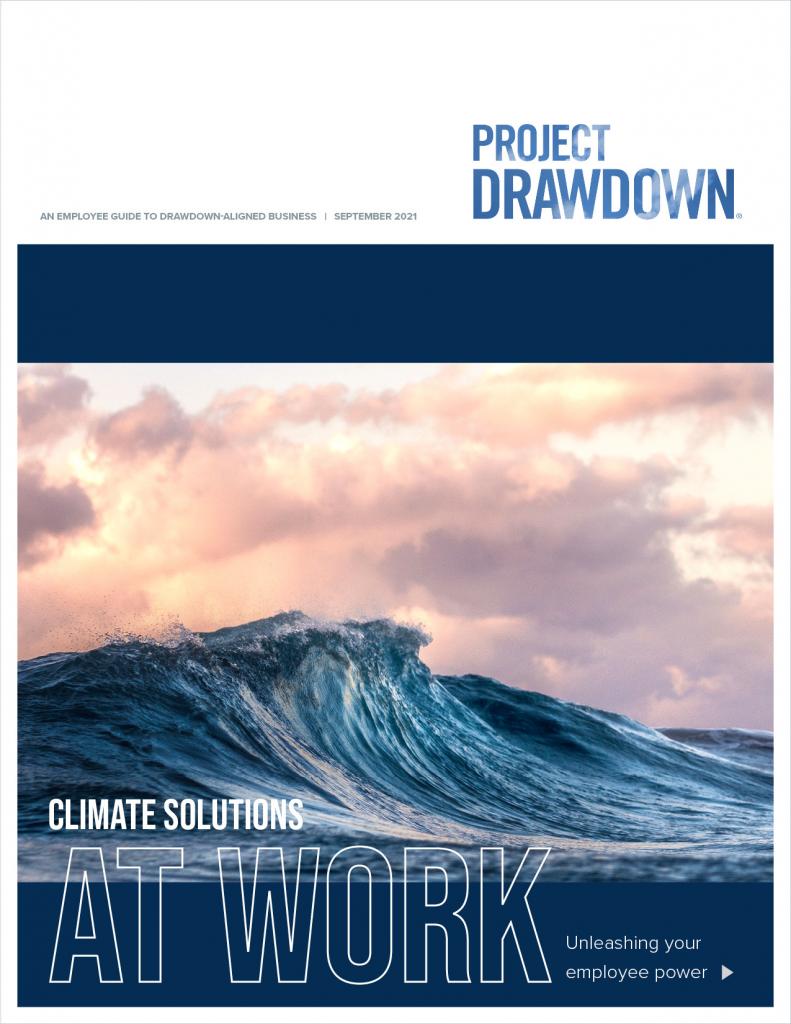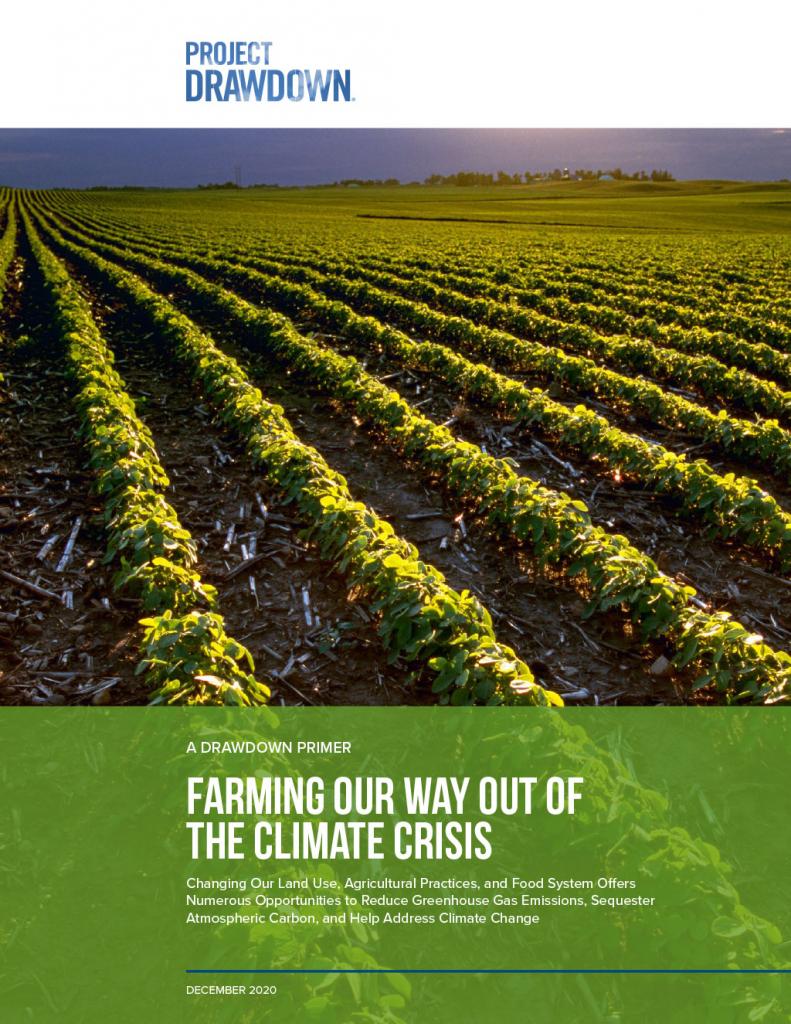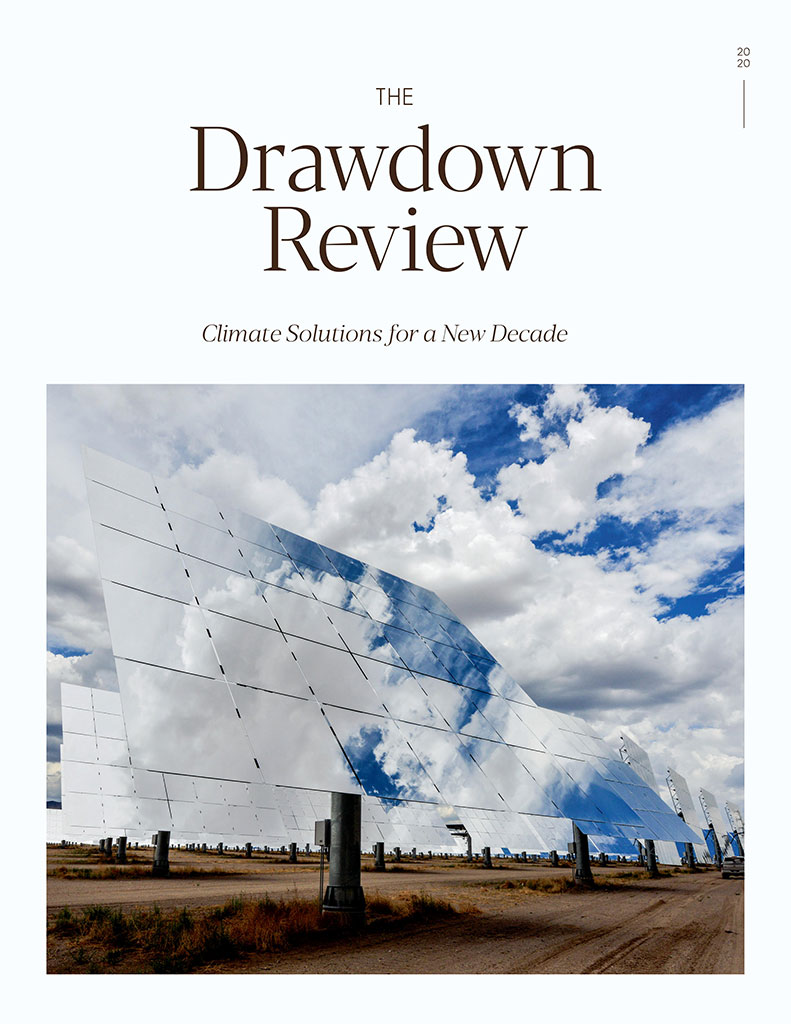Decisive climate moments call for bold new tactics
One of the most confounding realities of the climate crisis is that two seemingly contradictory facts are simultaneously true: that humanity has at our fingertips the solutions to fix it at the very same time that global greenhouse gas emissions soar higher than ever.



